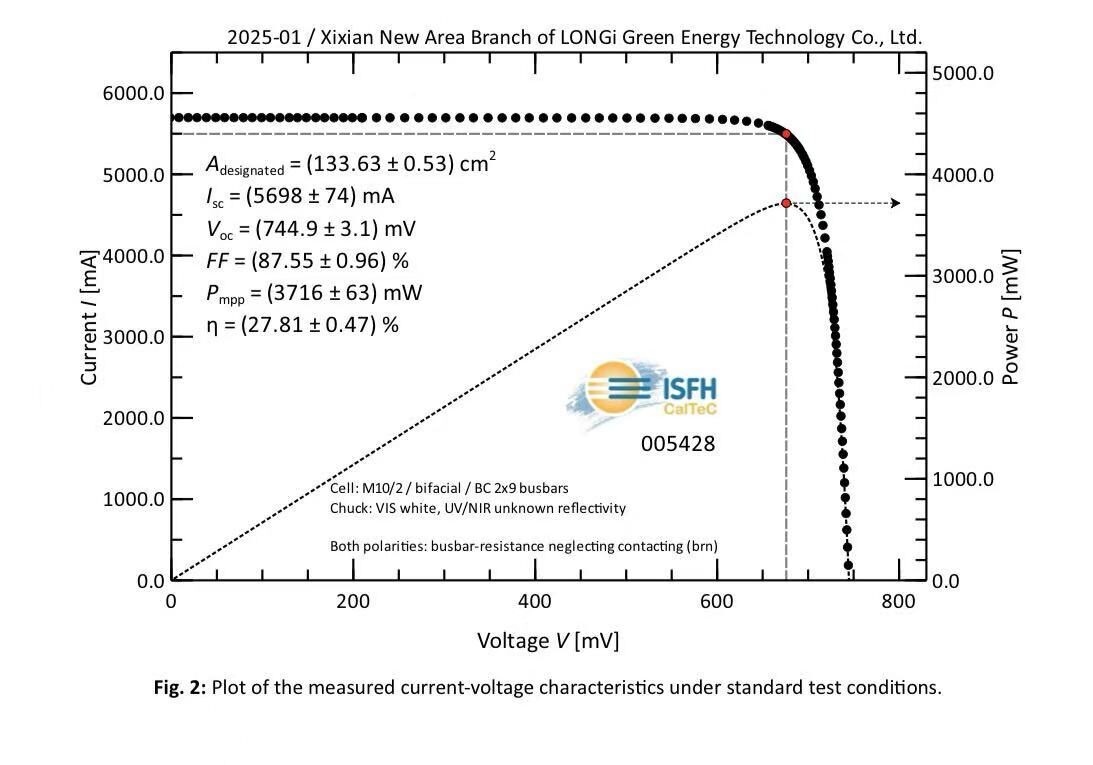From pv magazine Germany.
Germany’s Federal Network Agency said new PV capacity reached 291.7 MW in July, a good 20 MW more than the amount connected in June.
The strongest market driver remains projects – rooftop and ground-mounted – with a generation capacity of no more than 750 kW, under the feed-in tariff (FIT) scheme.
Only 18.5 MW of project capacity came online during the month as a result of utility scale tenders. A further 26.2 MW came from large scale projects built outside the tender scheme. The remaining 250 MW or so came in the form of rooftop installations and other types of array. Only 945 kW came online under the tenant electricity scheme in July.
In the first seven months of the year Germany added 2.38 GW of new solar with its cumulative installed capacity topping 48.31 GW. German tariffs will cease when total capacity hits 52 GW, a figure analysts expect to arrive next year.
In September, feed-in tariffs and market premiums will again fall 1.4%. Depending on type and size of system, FITs are between €0.0713 and €0.1033/kWh. In the ‘direct marketing’ system category – mandatory for arrays with a generation capacity above 100 kW – the payment is €0.004/kWh. For October, a further 1.4% reduction in payments for systems with a capacity of up to 750 kW has already been fixed.
This content is protected by copyright and may not be reused. If you want to cooperate with us and would like to reuse some of our content, please contact: editors@pv-magazine.com.




Very good
But… Germany is still, by far, the biggest CO2 emitter in EU. ?8/10 of the top 10 are German coal power stations, also making it to the top ten is Ryan air…
Germany is heading for a modest trainwreck in PV unless the arbitrary cap is lifted. As the cap nears, investment will spike inefficiently to get in under the wire, then collapse when it’s reached. This pattern has been seen several times in the USA with the arbitrary tax credit deadlines. The first EEG got this right, with steady decreases in FITs roughly tracking cost reductions. Successive “reforms” have degraded the policy almost to the incoherence of its British counterpart.